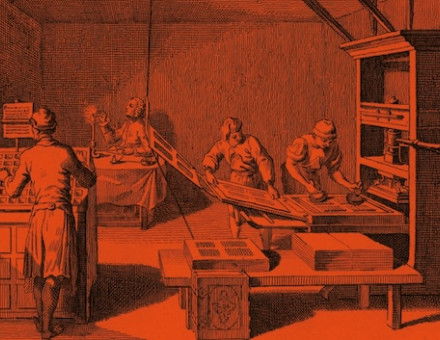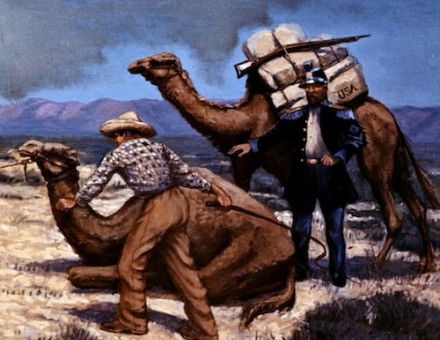Richard Cobden and the Crimean War
Anthony Howe looks at the anti-war stance of the great Victorian reformer; his fall from grace and subsequent revival.
In the early 1840s the struggle for the repeal of the Corn Laws had seen the rapid rise to national prominence of the Manchester calico printer, Richard Cobden (1804-65). Previously known for his pamphlets on foreign policy and his leading part in the incorporation of Manchester in 1838, Cobden, ably assisted by his friend the Quaker cotton spinner John Bright (1811-89), led the Anti-Corn Law League’s assault on the Corn Laws. The Corn Laws, or as Cobden preferred the ‘bread taxes’, had become for many Radicals and Liberals the symbol of aristocratic power and popular oppression in early Victorian Britain. Their Repeal, although carried out by the Conservative leader Sir Robert Peel in 1846, foreshadowed for many a new age of middle-class dominance in British politics – the novelist Thackeray predicted ‘Dicky’ Cobden’s becoming prime minister. Subsequently Cobden achieved the reputation of ‘the International Man’, influential in Europe and the United States, while as a leading ‘Independent Radical’ in British politics his ideas on the state, economic policy and foreign affairs were vitally important to the Liberal Party.





